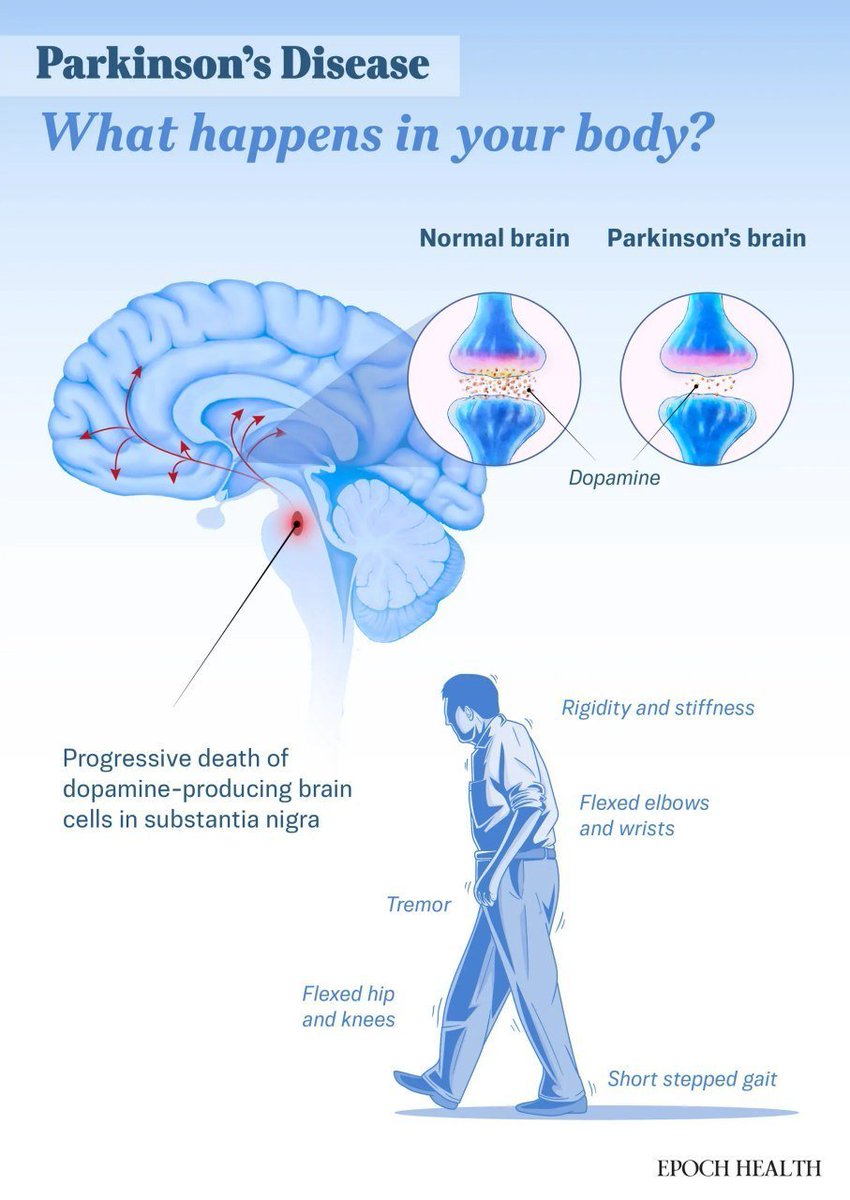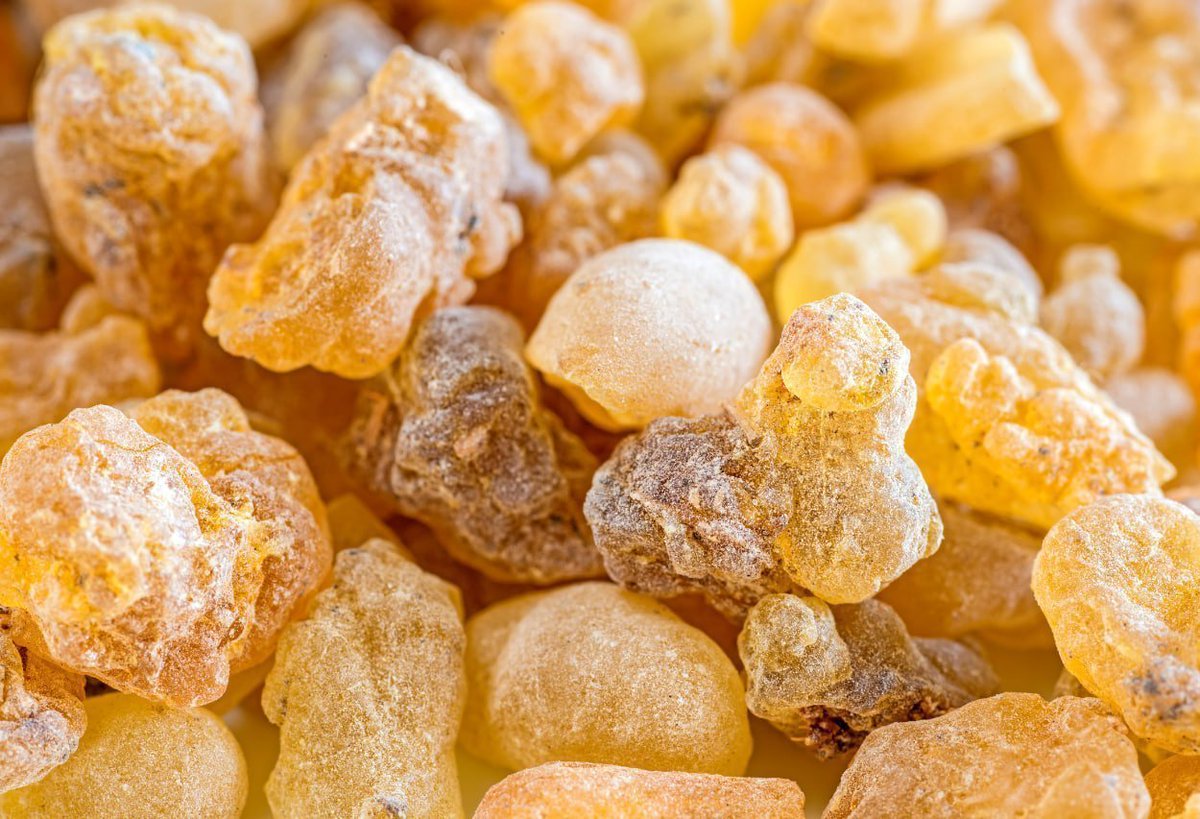The FDA just approved Moderna's brand-new mRNA vaccine for COVID-19.
This time, it’s not a booster. It’s a completely redesigned shot.
But most don’t know what’s actually in it—or how it works.
Moderna’s new COVID-19 vaccine skips the full spike protein—and something else too: published data.
So what exactly did the FDA approve?
🧵 THREAD
This time, it’s not a booster. It’s a completely redesigned shot.
But most don’t know what’s actually in it—or how it works.
Moderna’s new COVID-19 vaccine skips the full spike protein—and something else too: published data.
So what exactly did the FDA approve?
🧵 THREAD

The Food and Drug Administration has approved Moderna’s next-generation COVID-19 vaccine.
The FDA licensed the vaccine for adults aged 65 and up as well as people aged 12 to 64 who have at least one condition that puts them at higher risk for severe COVID-19, the agency said on May 31.
The vaccine is meant for “active immunization to prevent” COVID-19 for people who have been previously vaccinated with any COVID-19 vaccine.
The FDA licensed the vaccine for adults aged 65 and up as well as people aged 12 to 64 who have at least one condition that puts them at higher risk for severe COVID-19, the agency said on May 31.
The vaccine is meant for “active immunization to prevent” COVID-19 for people who have been previously vaccinated with any COVID-19 vaccine.

“The FDA approval of our third product, mNEXSPIKE, adds an important new tool to help protect people at high risk of severe disease from COVID-19,” Stéphane Bancel, Moderna’s CEO, said in a statement.
People who suffered a severe allergic reaction after receiving any Moderna COVID-19 vaccine, or after receiving any ingredient of mNEXSPIKE, should not get the new vaccine, the FDA said in a package insert.
People who suffered a severe allergic reaction after receiving any Moderna COVID-19 vaccine, or after receiving any ingredient of mNEXSPIKE, should not get the new vaccine, the FDA said in a package insert.

The vaccine, also known as mRNA-1283, utilizes messenger ribonucleic acid (mRNA), just like Moderna’s already-available COVID-19 vaccine, Spikevax. But it contains just 10 micrograms of mRNA per dose, compared to 50 micrograms in the available vaccine.
Moderna scientists have said that the new vaccine encodes epitopes, or portions of the COVID-19 spike protein, rather than the full-length spike protein.
In a clinical trial of 11,417 people, about half of whom received mNEXSPIKE, the immunogenicity triggered by the new vaccine was the same or better than that prompted by Spikevax, the company told a government advisory panel in April. A lower percentage of mNEXSPIKE recipients contracted COVID-19, and severe COVID-19, the company said.
Other clinical and nonclinical data support the new vaccine, Moderna told a government advisory panel in April.
Moderna scientists have said that the new vaccine encodes epitopes, or portions of the COVID-19 spike protein, rather than the full-length spike protein.
In a clinical trial of 11,417 people, about half of whom received mNEXSPIKE, the immunogenicity triggered by the new vaccine was the same or better than that prompted by Spikevax, the company told a government advisory panel in April. A lower percentage of mNEXSPIKE recipients contracted COVID-19, and severe COVID-19, the company said.
Other clinical and nonclinical data support the new vaccine, Moderna told a government advisory panel in April.

“What remains consistent throughout all those investigations is this consistent pattern that mRNA 1283 outperforms Spikevax in terms of its ability to induce higher neutralizing antibodies,” Bishoy Rizkalla, a Moderna official, told the committee.
Moderna has not yet published the results in a journal, according to ClinicalTrials.gov, a government database.
theepochtimes.com/health/fda-app…
theepochtimes.com/health/fda-app…
A little about us: We’re a team of journalists and researchers on a mission to give you REAL and honest information about your health.
Side effects of reading our posts may include: critical thinking.
Follow us for more daily threads—backed by hard data.
—> @EpochHealth
Side effects of reading our posts may include: critical thinking.
Follow us for more daily threads—backed by hard data.
—> @EpochHealth

FDA officials announced earlier in May that the regulator would only approve COVID-19 vaccines if companies provided clinical trial data showing the shots provided protection against symptomatic COVID-19 and other clinical endpoints.
theepochtimes.com/health/fda-say…
theepochtimes.com/health/fda-say…
The exceptions were for elderly adults and people with underlying risk conditions putting them at higher risk of severe COVID-19 outcomes, as defined by the Centers for Disease Control and Prevention. Those conditions include diabetes and obesity.
For those groups, immunogenicity data would be sufficient, the officials said.
For those groups, immunogenicity data would be sufficient, the officials said.

More recently, FDA officials encouraged Moderna, Pfizer, and Novavax to update their COVID-19 vaccines to target LP.8.1, a subvariant of the JN.1 strain.
theepochtimes.com/health/fda-adv…
theepochtimes.com/health/fda-adv…
Moderna on May 23 said it had filed for clearance for an updated version of Spikevax that targets LP.8.1.
On Saturday Moderna said it expects to have mNEXSPIKE available later this year, alongside Spikevax.
Pfizer’s vaccine also uses mRNA technology. Novavax’s vaccine is protein-based.
As part of the approval process, the FDA is requiring Moderna to carry out two post-approval studies, including an observational study of outcomes in women and infants following receipt of the shot in pregnancy, the FDA said in an approval letter.
On Saturday Moderna said it expects to have mNEXSPIKE available later this year, alongside Spikevax.
Pfizer’s vaccine also uses mRNA technology. Novavax’s vaccine is protein-based.
As part of the approval process, the FDA is requiring Moderna to carry out two post-approval studies, including an observational study of outcomes in women and infants following receipt of the shot in pregnancy, the FDA said in an approval letter.

The CDC, as of this week, no longer recommends pregnant women receive any COVID-19 vaccine.
theepochtimes.com/health/cdc-upd…
theepochtimes.com/health/cdc-upd…
The Department of Health and Human Services, the FDA’s parent agency, has expressed doubt about the mRNA platform. 

In a statement about canceling funding for Moderna’s vaccine candidate against bird flu, a spokesperson told The Epoch Times that “mRNA technology remains under-tested” and has been linked to “legitimate safety concerns,” including heart inflammation.
theepochtimes.com/health/health-…
theepochtimes.com/health/health-…
None of the mNEXSPIKE recipients in the trial for the vaccine experienced heart inflammation or died, according to Moderna.
Adverse events were similar among the trial’s two arms, the company said.
Adverse events were similar among the trial’s two arms, the company said.

Thanks for reading! If you found this valuable, here's a special deal:
Unlock our ENTIRE library of @EpochHealth articles for just $1/week—plus unlimited access to everything else on our site.
Claim it here: subscribe.theepochtimes.com/p/?page=digita…
Unlock our ENTIRE library of @EpochHealth articles for just $1/week—plus unlimited access to everything else on our site.
Claim it here: subscribe.theepochtimes.com/p/?page=digita…

• • •
Missing some Tweet in this thread? You can try to
force a refresh


















